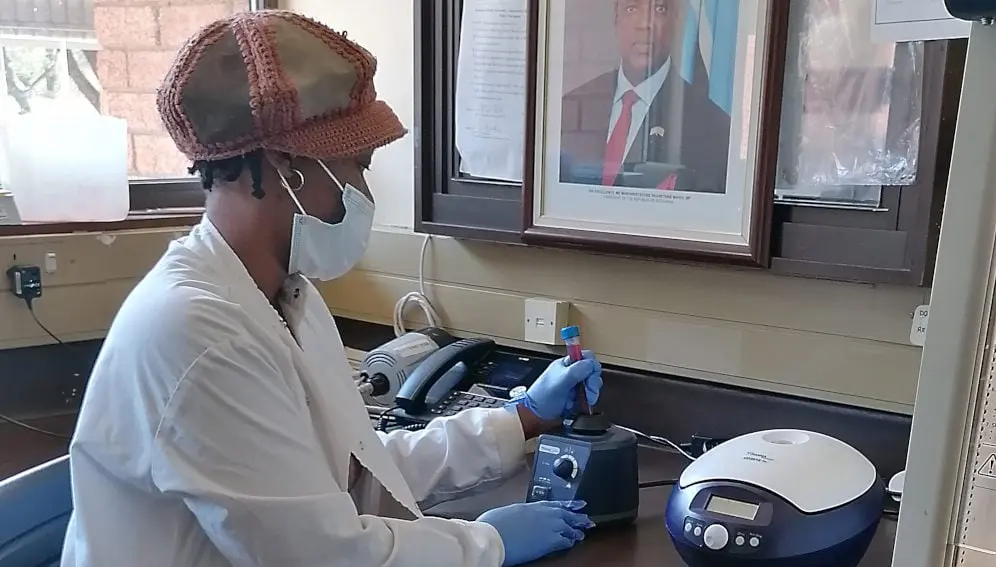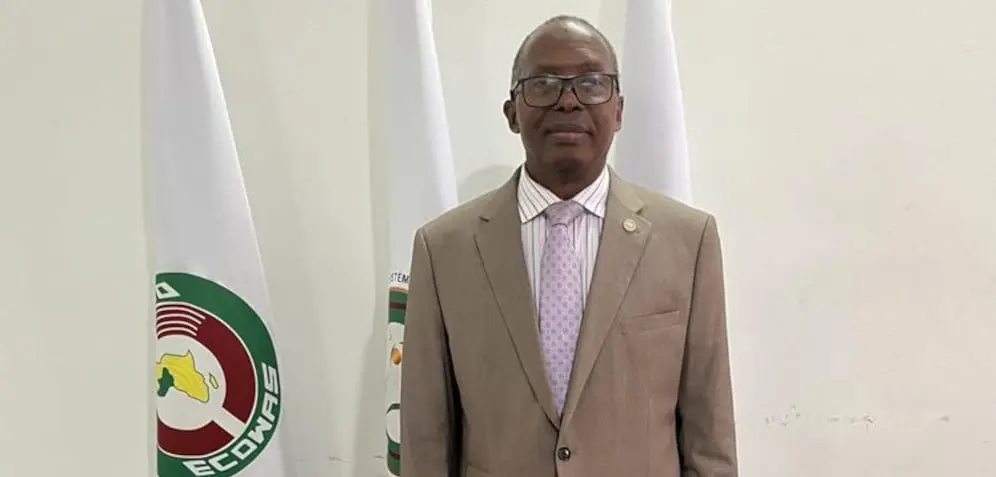SGCI News
Professor Anicia Peters, CEO of the National Commission on Research Science and Technology in Namibia was interviewed during the 2024 Annual African Science Granting Councils Meeting in Gaborone, Botswana. Professor…
Professor Anicia Peters, CEO of the National Commission on Research Science and Technology in Namibia was interviewed during the 2024 Annual African Science Granting Councils Meeting in Gaborone, Botswana.
Professor Anicia Peters, CEO of the National Commission on Research, Science, and Technology (NCRST) in Namibia, underscores the importance of flexible research funding that adapts to changing national priorities. She highlights key areas for focus: food security, energy, and rare earth mineral beneficiation. To build a robust funding framework, she identifies three critical factors—broad funding themes, cross-country collaboration, and capacity building.
Key Initiatives
To drive innovation, Namibia has joined the newly established African Innovation Agencies network, which connects agencies across the continent. This initiative promotes startup incubation, capacity building, and knowledge exchange, accelerating Africa’s innovation and development.
Through NCRST, Namibia supports research in key areas, including healthcare AI, food systems, waste management, biomass, and green technologies. Leveraging the Science Granting Councils Initiative (SGCI), NCRST funds projects like AI-powered diagnostic tools for early disease detection, improving healthcare outcomes.
Building Partnerships
Namibia has signed a Memorandum of Understanding (MOU) with Zambia and Zimbabwe to co-fund and implement joint research projects. Strengthening intra-African collaboration is crucial to developing sustainable research ecosystems and reducing reliance on North-South partnerships.
Professor Peters notes that small seed grants can help attract further investment and expand partnerships. However, she stresses that African governments must commit financial resources to ensure equitable participation in global research collaborations.
Increasing Visibility & Global Influence
The Professor says investment in research enhances national confidence and attracts global funders. She said Namibia has gained visibility at the United Nations, African Union, and international forums and has positioned itself as a key player in science, technology, and innovation.
Professor Peters co-chairs the AU’s Fourth Industrial Revolution (4IR) working group, helping shape Africa’s Artificial Intelligence (AI) and technology strategy.
Outlook & Priorities
She highlights the importance of strengthening SGCIs through financial planning, co-financing, and expert exchange programs. She also discussed the need to leverage AI and 4IR technologies in areas like green hydrogen and healthcare. Expanding internal and national policy advisory capabilities.
What were her expectations from the meeting in Gaborone? She hoped to secure financial commitments for Phase 3 of the SGCI. Planning future partnerships was a key priority, and strengthening institutional frameworks for research and innovation was another.
Watch the full interview to hear Peters’s insights on strengthening institutional frameworks for research and innovation.
Related News
Botswana’s Commitment to Research: Laying the groundwork for innovation
Although Botswana does not yet have a dedicated science agency, it has demonstrated a strong commitment to research and innovation through active participation in the Science Granting Councils Initiative (SGCI). In this video interview, Lesego Thamae, Deputy Permanent Secretary at the Ministry of Communications, Knowledge…
Space innovation in Africa tackling local problems
Africa’s space sector, while valued at US$22.64 billion in 2024, is still in its early stages—but scientists say it holds significant promise for addressing some of the continent’s development issues. In this episode of Africa Science Focus, reporter Michael Kaloki explores how space research and…
An interview with Dr Samba Sesay on how NSTIC -SL is improving the quality of life through science and technology
This video previews the ongoing efforts of the National Science Technology and Innovation Council of Sierra Leone (NSTIC-SL), a young council established in 2020. Dr. Samba Sesay, Programme Implementation Manager, explains that NSTIC-SL’s core mission is to enhance the quality of life for Sierra Leonean…




